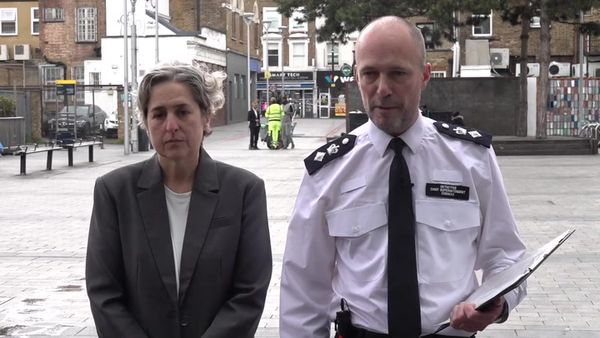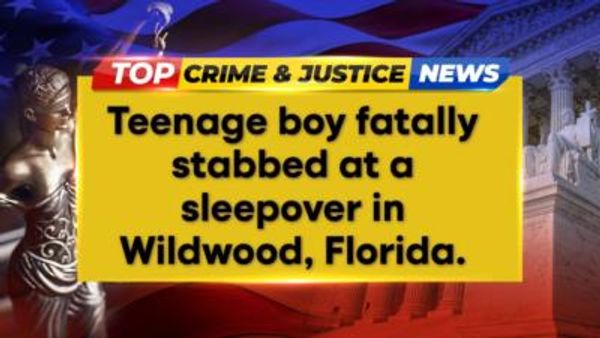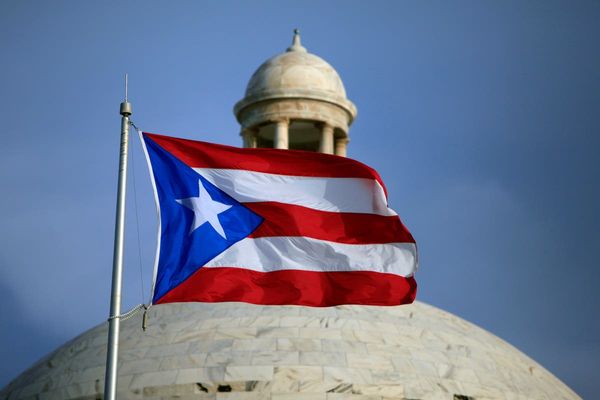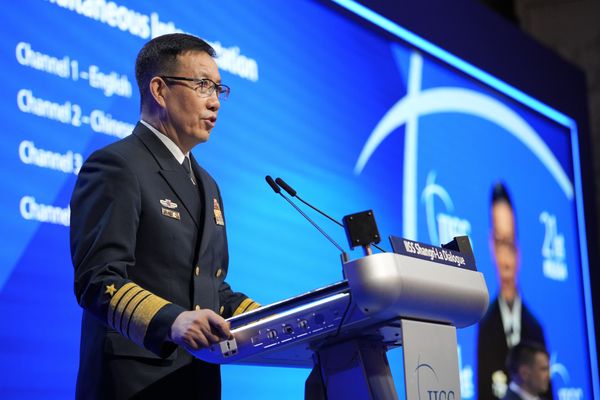
France is home to Europe’s largest Jewish and Muslim populations. Inevitably, what is happening in the Middle East has a particular resonance here. The grotesque images that circulated after Hamas’s horrific attack on Israeli civilians on 7 October, planned and carried out in a chillingly meticulous way, sent shockwaves through France that are still reverberating.
A big part of the country’s public debate has been fixated, since the massacre, on avoiding the “importation” of tensions connected with the Israeli-Palestinian conflict. After a spate of antisemitic incidents, Emmanuel Macron is rightly concerned about the fear gripping “our compatriots of the Jewish faith”. In a televised address to the nation, he announced a range of measures to tighten protection at Jewish schools and places of worship and culture.
I am also deeply distressed by the anxiety that is sweeping through Jewish communities. It is heartbreaking to imagine that my fellow citizens feel threatened in their own homes. And I find it distressing that leaflets proclaiming “death to Arabs” in Hebrew were distributed at a prestigious higher-education establishment in Lyon. (The school has lodged a police complaint.)
Tensions have risen since the brutal stabbing to death in Arras of a teacher, Dominique Bernard. His alleged attacker had previously been reported for radicalisation. This came just as France was preparing to commemorate the third anniversary of the gruesome murder of Samuel Paty, another teacher, killed by another radicalised young man who claimed to be a Muslim.
But it is in this context that suspicion about all French Muslims risks being fuelled. A few days after the massacre in Israel, the French TV star Arthur posted a photo of a family murdered by Hamas. He called on those of his “artist friends, actors, singers, comedians and sportsmen” whom he considered had remained too silent to show their “humanity and support” and “stop being afraid”. A news channel hosted a debate about “those stars from whom we don’t hear much support for Israel”. The actor Omar Sy and the footballer Kylian Mbappé were named, both of them black and from Muslim families.
I feel uneasy about such exhortations. As a Muslim myself, I feel the weight of suspicion, the allusive comments scrutinising my tweets and questioning my supposed silences. How can anyone imagine for a moment that we are not horrified by the massacre of Israelis as they gathered to mark a holy day in their homes, or enjoyed themselves at a music festival? Is our humanity so open to question that we have to trumpet it after every tragedy to reassure our fellow citizens that we are not bloodthirsty savages?
And if we do choose to voice empathy for the “wrong” victims, we risk having our words misinterpreted or worse. When the French footballer Karim Benzema posted a message on X sending “prayers for the people of Gaza, victims once again of unjust bombings which don’t spare women or children”, the backlash was shocking. The interior minister, Gérald Darmanin, accused the soccer star of having links to the Muslim Brotherhood, a hardline Islamist group classified as a terrorist organisation in the US and in Saudi Arabia, where Benzema lives.
This baseless allegation, which Benzema has denied, led to calls, including from a conservative senator, for the footballer to be stripped not just of his Ballon d’Or 2022 football award but of his French citizenship. This episode leaves me again feeling that our Frenchness is open to debate. The constant questioning of our loyalty shows how fragile the perception of our belonging to France remains.

If the Macron government was genuinely interested in preventing a spillover of tensions from events in Israel and the Palestinian territories, it would adopt a more even-handed approach at home. Instead Darmanin, even before the killing in Arras, sought a systematic ban on all Palestinian solidarity demonstrations, on the grounds that they were “likely to generate public disorder”.
According to France’s Human Rights League, the government’s ban on demonstrations in support of the Palestinian cause constitutes “a serious and disproportionate attack on the right to demonstrate”. Our country, which constantly claims to be the home of the “Enlightenment”, is blithely trampling on rights, in particular freedom of expression.
But the ban was also politically ill-conceived, as it came after a demonstration in Paris in support of Hamas’s Israeli victims, attended by thousands of legitimately grief-stricken people. Did Darmanin consider how such double standards would be perceived by millions of French citizens? Those who defied Darmanin and demonstrated anyway were subsequently vindicated by the country’s highest administrative court, the council of state, which overturned his ban on 18 October. But many who peacefully protested have been subjected to heavy-handed treatment by the police, with water cannon, teargas and arrests.
Meanwhile, the Eiffel Tower, that emblem of the “country of human rights”, was illuminated with the colours of the Israeli flag. This was a fitting tribute to the victims of Hamas, but it was cruelly ironic that there was no mention of the other – Palestinian – civilian victims. Legitimate empathy for the targets of Hamas should be no impediment to the expression of similar compassion for Palestinians, whose basic rights have been trampled on for decades.
Indeed, the sudden global focus on the Israel-Palestine conflict since the extreme violence of 7 October exposes another kind of violence: that of the silence about and invisibility of the daily oppression faced by Palestinian civilians. For years, human rights organisations have described the besieged Gaza Strip as “an open-air prison”; its people the victims of “apartheid”. The world’s indifference has only exacerbated the distress of a traumatised people living under occupation and a 16-year-long blockade. The prevailing view of Palestinians is by now so devoid of empathy that they are commonly perceived as a dehumanised monolith, lumped together with a caricatured and violent Islam. In fact, Palestinian people subscribe to a variety of faiths, including Christianity.
In Europe we have not just a right but a moral imperative to speak out both against this intolerable situation and the vengeful response of the Israeli government, which is bombing a population half of whom are children, and risking the lives of its own hostages. You cannot make amends for a war crime, however bloody, by committing an even bloodier war crime in return.
France has a long history of supporting freedom for the Palestinian people. Standing for his first term as president, Macron promised to work tirelessly for peace in the Middle East and for the two-state solution, and to “condemn settlement policies” – and on that subject to be “uncompromising towards Israel and the choices made by Mr Netanyahu”.
Today, the very idea of peace seems to have disappeared from our politics, while the president of our national assembly expresses “unconditional support” for the “friend” that is Israel. In the name of our own most closely held values, we should, instead, make our political support conditional. We should be holding our ally to account by demanding a ceasefire when its actions cause the humanitarian tragedy that we now see unfolding before our eyes.
All civilian lives are of equal worth. We should be able to mourn their passing with equal compassion.
Rokhaya Diallo is a Guardian columnist. She is a writer, journalist, film director and activist
Do you have an opinion on the issues raised in this article? If you would like to submit a response of up to 300 words by email to be considered for publication in our letters section, please click here.







